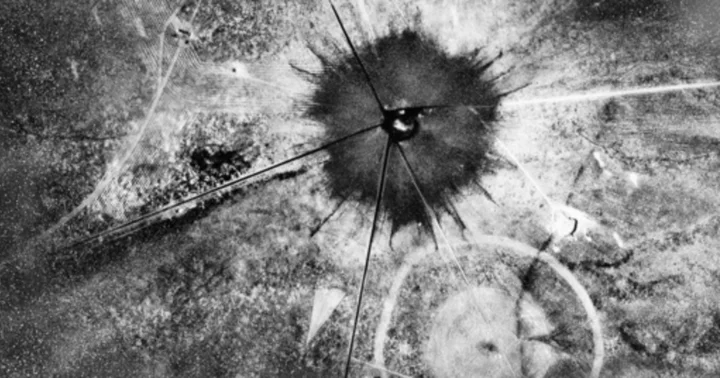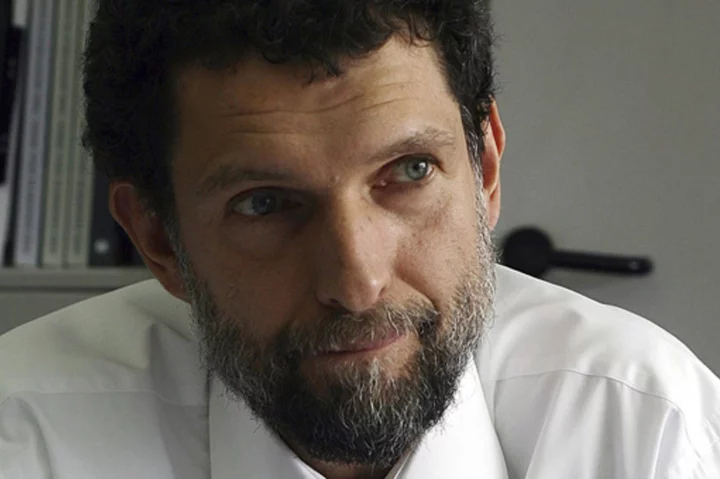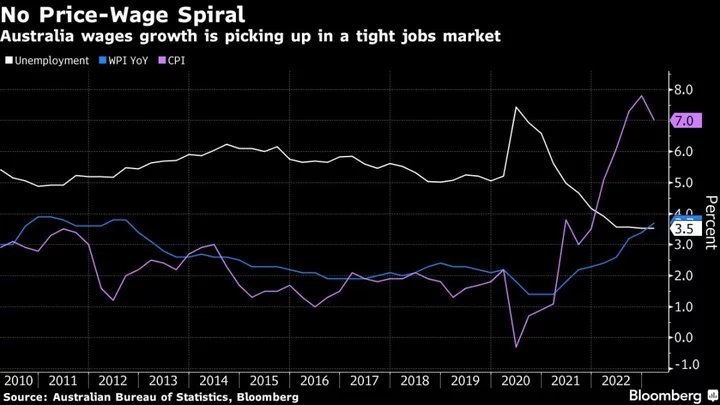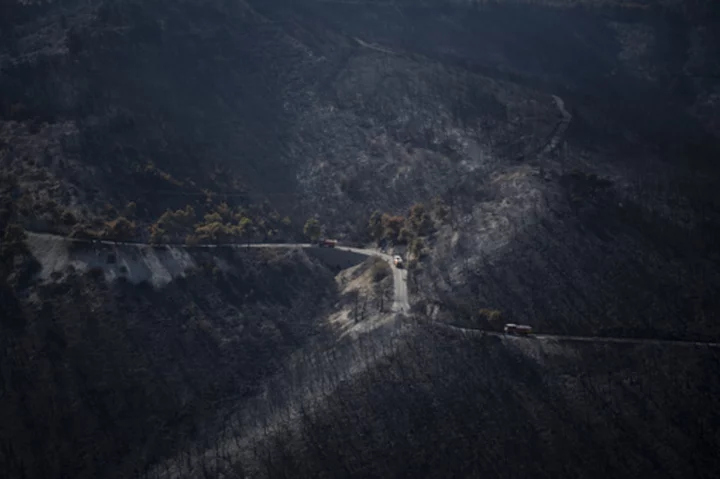SANTA FE, N.M. (AP) — The U.S. Senate has endorsed a major expansion of a compensation program for people sickened by exposure to radiation during nuclear weapons testing and the mining of uranium during the Cold War, with a vote Thursday on a massive defense spending bill.
Advancing on a 86-11 Senate vote, the provisions would extend health care coverage and compensation to so-called downwinders exposed to radiation during weapons testing to several new regions stretching from Guam to the New Mexico site where the world’s first atomic bomb was tested in 1945.
The Senate-backed plan also would extend compensation to more former uranium industry workers. The proposed changes to the Radiation Exposure Compensation Act are not yet included in a House-approved defense bill, amid negotiations toward final legislation.
The hit summer film “Oppenheimer” about the top-secret Manhattan Project and the dawn of the nuclear age during World War II has brought new attention to a decades-long efforts to extend compensation for families who were exposed to fallout and still grapple with related illness.
"We're elated with the vote today. We're extremely hopeful," said Mary Martinez White, who recounted that her parents and several siblings were ravaged by cancer after the family's exposure to nuclear fallout at a farm in Carrizozo, New Mexico, about 35 miles (55 kilometers) for the Trinity Site test.
She blames her family's suffering on decisions at the outset of the Cold War — and applauded efforts to make amends through federal compensation by lawmakers, including Democratic Sen. Ben Ray Luján of New Mexico and Republican Sen. Josh Hawley of Missouri.
“I have faith that people who are alive today will right those choices, and quickly, especially when so much is being asked of New Mexico in terms of storage” of radioactive waste and nuclear weapons production, she said.
Advocates also have been trying for years to bring awareness to the lingering effects of radiation exposure on the Navajo Nation, where millions of tons of uranium ore were extracted over decades to support U.S. nuclear activities.
“The Navajo Nation has borne the brunt of America’s nuclear program, the cost of which can be measured in human lives, environmental devastation, and communities that are still suffering," President Buu Nygren of the Navajo Nation said Thursday in a statement. "We will not stand by and allow this legacy to be forgotten or dismissed.”
The Senate bill would expand eligibility to more former uranium mining, processing and transportation workers who participated after 1971, the current cutoff date for eligibility.
Since the compensation program began in 1992, more than 54,000 claims have been filed and about $2.6 billion has been awarded for approved claims in Nevada, Utah and Arizona. Coverage would be expanded to New Mexico, Colorado, Idaho, Missouri, Montana and previously excluded areas of Nevada, Utah and Arizona.
Earlier this month, Hawley promised to help people with cancer and other diseases connected to nuclear contamination in the St. Louis, Missouri, region. He cited reports by The Associated Press, The Missouri Independent and the nonprofit newsroom MuckRock that detailed nonchalance and indifference to the risks nuclear waste posed dating back to the 1950s.
St. Louis was part of the national campaign to build a nuclear bomb, with uranium processing that produced harmful waste.
___
Associated Press Writer Michael Phillis contributed from St. Louis.









